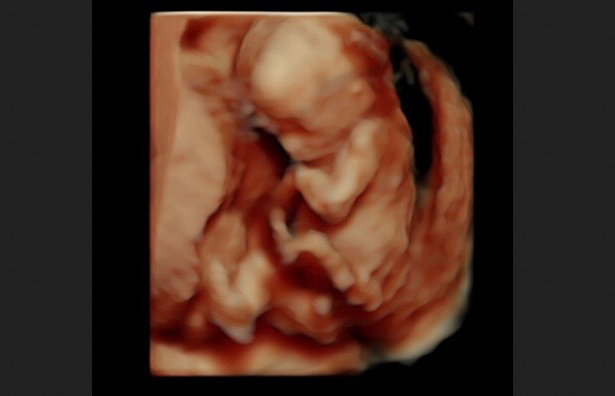The Arizona Court of Appeals ruled at the end of last week that the state’s 15-week abortion ban is now in force. That’s the good news.
The bad news for pro-life advocates in the Southwestern state is that the state’s pre-Roe abortion ban will not go into effect. The fate of the law is depending on whether the Arizona Supreme Court upholds the abortion ban.
After the Supreme Court overturned Roe v. Wade, the state’s 1864 pro-life law went into effect, but the Planned Parenthood abortion chain sued and a state judge blocked the legislation in October. Now, unborn babies are being aborted in the state again.
During arguments before the Arizona Appeals Court, state officials told the judges that the 15-week ban, which passed earlier this year, specifically states that it does not repeal the pre-Roe law. They also said lawmakers never repealed the 1864 law, so the court should allow authorities to enforce it.
But the appellate court ruled that the 15-week ban can be enforced, but not the full aboriton ban:
In a unanimous ruling, the three-judge appellate panel said that the arguments from Republican Attorney General Mark Brnovich, who urged the court to leave the near-total abortion ban in place, would “effectively render (state law’s) regulation of elective abortion all but meaningless because there would be no legal elective abortions.”
LifeNews is on TruthSocial. Please follow us here.
Planned Parenthood of Arizona, the state’s largest abortion provider, running four of the state’s nine clinics offering the service, fought against Brnovich’s request. The core of Planned Parenthood’s argument is that decades of regulations passed since the 1973 injunction, including this year’s 15-week ban, muddled the legal landscape for doctors and implied that abortion, to some extent, was permitted.
The appellate panel agreed, and said Brnovich’s legal argument viewed the 1864 ban in isolation.
“But we do not construe statutes in isolation,” Chief Judge Garye Vasquez wrote on behalf of the panel.
The reality is that Arizona lawmakers have “created a complex regulatory scheme to achieve its intent to restrict — but not to eliminate — elective abortions” in Arizona. Brnovich’s position “would eliminate the elective abortions the legislature merely intended to regulate.”
If the Arizona Supreme Court doe snot uphold the abortion ban, that means Arizona may have to pass a new abortion ban — something that will ovbvoiously be vetoed by incoming pro-abortion Governor Katie Hobbs.
Cathi Herod of the Center for Arizona Policy, a leading pro-life group, told LifeNews after the ruling that she is hopeful the state’s highest court will allow the ban ot be enforced.
“The fight to protect unborn life and women from the harms of abortion does not end with an Arizona Court of Appeals ruling. The three-judge panel’s decision today only temporarily blocks Arizona’s abortion law, which was in place in 1973 when Roe was wrongly decided,” she said. “The U.S. Supreme Court’s opinion in Dobbs clearly affirms abortion law is to be decided by elected lawmakers, not the courts. Arizona lawmakers not only decided the state’s abortion law but affirmed the pre-Roe law in 1977, and again when they had opportunities to repeal the law but refused. Also, this year, the Legislature specifically included language that the law is not to be repealed with the passage of the 15-week limitation.”
“I am confident Arizona’s pre-Roe law limiting abortion to cases where the mother’s life is at risk will be upheld by Arizona’s Supreme Court,” she continued.
She said there is no ambiguity because “The clear intent of the legislature was that the 15-week limit only would go into effect if the U.S. Supreme Court did not overturn Roe in the Dobbs decision.”
The 1864 law prohibits the killing of unborn babies in abortions except if the mother’s life is at risk. Abortionists who provide, supply or administer abortions, abortion drugs or abortion devices to women for the purpose of killing an unborn baby can face two to five years in prison.
The law has the potential to save as many as 36 babies from abortion every day in Arizona. Currently, only the 15-week ban is in effect.
Since the Dobbs ruling in June, more than a dozen states now protect unborn babies by banning or strictly limiting abortions, and about 10 more are fighting in court to do so. New research estimates these laws already have saved as many as 10,000 unborn babies’ lives since June.








